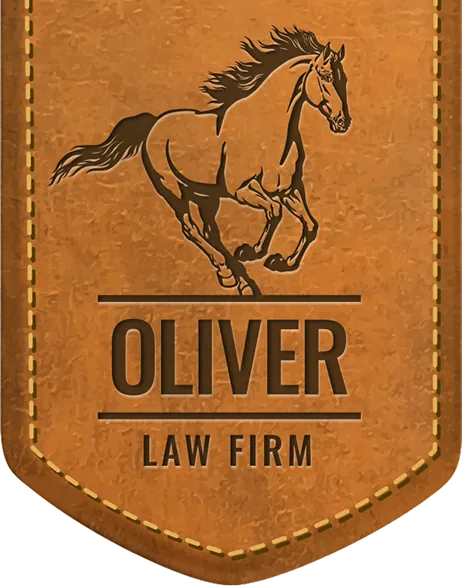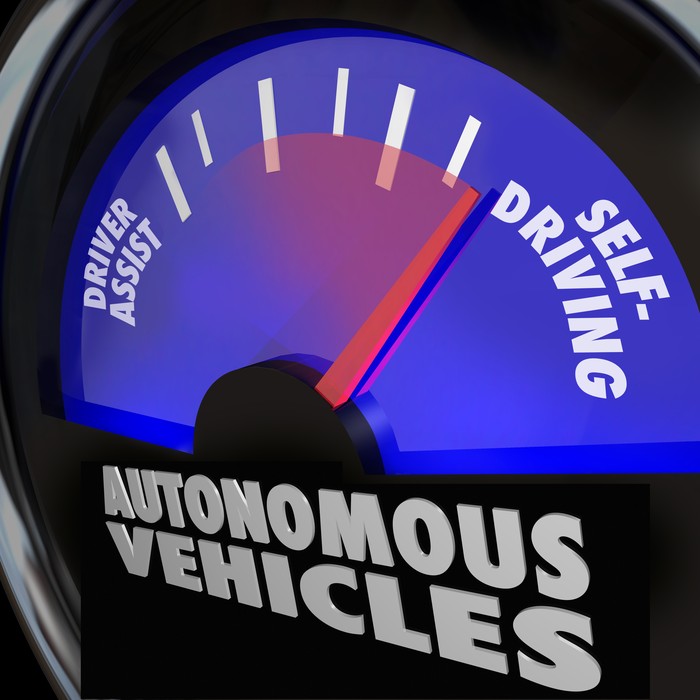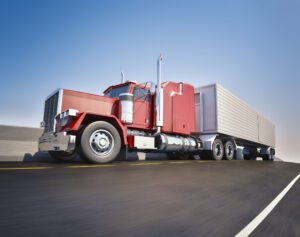Some technologies are so profound that they change our perception. Autonomous, and eventually driverless, vehicles are already changing the way we think about automobile travel. In the coming years, driverless vehicles will require a new approach to liability law as it relates to wrecks. As the responsibility for driving is shifted from human drivers to automated systems, how will the law determine who is responsible in the event of a wreck?
Before attempting to answer the question of liability, we need to clarify some terms. What are the differences between autonomous and driverless vehicles, and how are these differences likely to affect the law? Let’s begin with definitions. An autonomous, or automated, car is one that is responsible on some level for driving the car automatically. This description can apply to old technologies like cruise control, newer technologies like automated parking and responsive lane awareness, and developing technologies like fully automated driverless cars.
Driverless cars, on the other hand, are defined much more simply. A driverless car does not require a human driver. Everyone inside a driverless car is a passenger. Real-time decision making is handled by software. This technology is the culmination of decades of science fantasy in which all future humans are chauffeured around by robot drivers. It is this definition that most people invoke when they talk about autonomous or driverless cars. And, as we will soon discuss more fully, this expectation is very important.
The degree to which a vehicle is automated determines whether the human inside is a passenger or driver. Simply put, if the vehicle is not totally autonomous, meaning that the vehicle still requires a human driver for at least some situations, then the driver will always be at fault to some degree in the event of a wreck. The emerging liability laws surrounding autonomous and driverless cars will likely hinge on the degree of human involvement. And the end result of this long-developed technology, a safe and completely driverless vehicle fit for public roads, will likely arrive after years of trial and error.
If someone else’s error leads you to trial, be sure you have Oliver Law Firm team on your side. Our team will help you chart a map through uncharted legal territory. Call today for a free consultation.
Oliver Law Firm Oliver Law Firm (479) 202-5200
a Free Consultation




